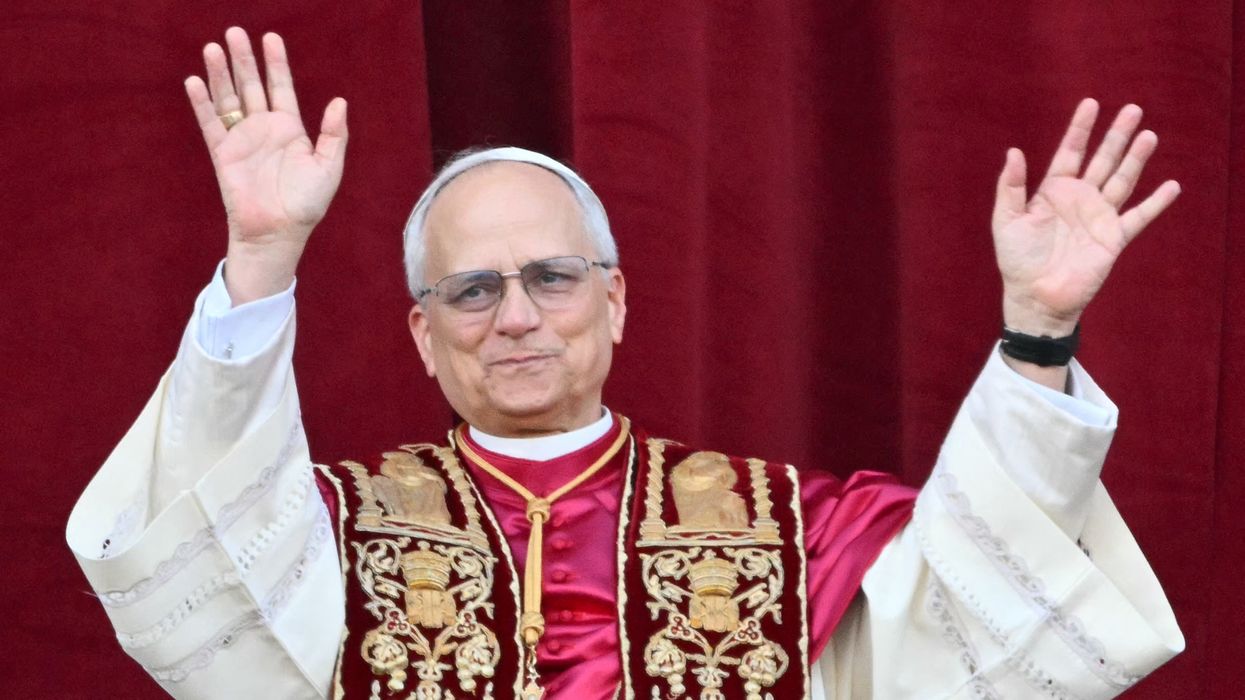THE Nobel-winning writer Abdulrazak Gurnah has said removing offensive words from the books of authors like Agatha Christie is “futile”, but added that Britain did produce openly racist literature during the last century of its empire.
The British-Tanzanian author won the 2021 Nobel Prize for books such as Paradise and Memory of Departure exploring Europe’s colonial legacy.
He is also a professor of English and post-colonial literature at Britain’s University of Kent.
Asked by AFP about the recent trend of publishers rewriting books by Christie, Roald Dahl and James Bond author Ian Fleming to remove racist and other possibly offensive words, Gurnah was ambivalent.
“Certainly as a scholar, I think it’s a futile thing to do,” he said.
“I suppose one of the reasons why they are doing it is that the publisher wants to make their product more respectable.”
Ultimately, he said, “I think there are bigger issues in the world to worry about.”
While the current culture wars focus on tweaks to celebrity writers and hysteria over “cancel culture”, Gurnah said he was more interested in the much more extreme racism that appeared in British literature when its empire was under threat.
“There is a certain period during imperialism when the language used to describe the colonised became harsher and harsher,” he said.
He cited a study linking this shift to the mutiny in India in 1857, an uprising that showed Britain it was unwanted and vulnerable, and which sparked a brutal crackdown on dissent.
“There’s a kind of out-of-control rage with which the British responded,” Gurnah said.
“This is also a turning point in the way the language changes... There is a period from the early and mid-19th century, right through the middle of the 20th century, when there was no selfconsciousness about being racist, and using racist language.”
Gurnah’s response has not been to call for revisions to the past – though he has admitted it can be “very hard” to read the racist literature of this period.
Rather he looks to augment the understanding of this period with his work.
He spoke to AFP in Paris for the launch of the French translation of Afterlives. It tells the story of a young boy stolen from his parents by German colonial troops in East Africa.
“When an account is incomplete, because it is only seeing one side, you can add to that... that is my idea,” said Gurnah.



















